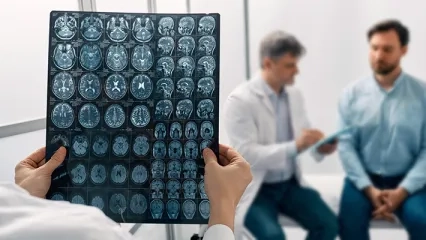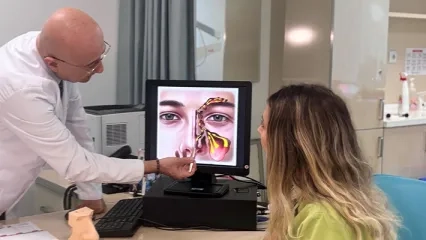Alo Yeditepe
Alo Yeditepe
Pediatric Cardiology
Pediatric Cardiology, also called pediatric cardiology, examines problems that may arise in the heart and circulatory system in children and young people. Diagnosis and treatment of heart diseases in children in a wide age range from birth to adolescence is performed.
Pediatric cardiology is the specialty that focuses on children's heart health, and specialists in this field play an important role in supporting the healthy growth and development of children.
The problems examined in the Pediatric Cardiology Department can be listed as follows
- Congenital or acquired heart disease,
- Problems of rhythm disturbances in the heart,
- Heart valve abnormalities,
- Congenital heart diseases,
- Other circulatory system problems
Diagnosis and Evaluation Processes:
iagnosis of cardiological problems in children and adolescents begins with an examination by a specialist physician. Radiologic imaging (e.g. echocardiography), electrocardiogram (ECG) and other medical tests are used to make the diagnosis. Problems detected in the baby's heart before birth by obstetricians are evaluated by pediatric cardiologists after birth.
Treatment Options
After the diagnosis is made by performing the necessary examinations, a treatment plan is prepared and implemented by pediatric cardiologists according to the patient's condition. Pediatric cardiologists regularly monitor their patients and evaluate treatment results. Since some patients may require regular follow-up and care throughout their lives, close contact between the patient and the physician is of utmost importance.
Requires Interdisciplinary Follow-up and Treatment
Pediatric cardiology works in collaboration with pediatric cardiac surgery, pediatric hematology/oncology, geneticists and other pediatric specialties. With this multidisciplinary approach, the goal is to provide patients with the best care to help them live healthy lives.
”
See Also
Alo Yeditepe









